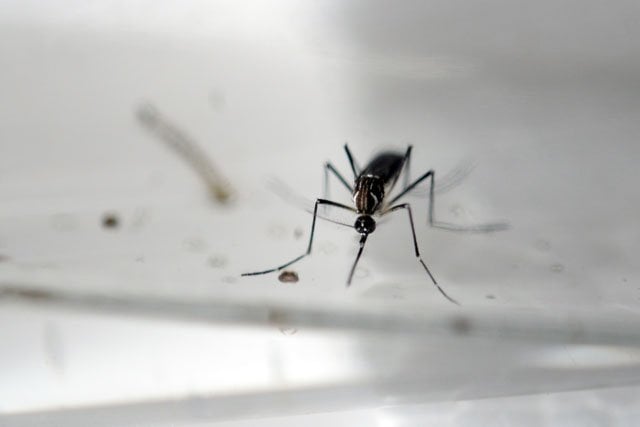
Although Contreras did not mention any cases of infants born with microcephaly, or abnormally small heads, he did say that an elderly man may have died after contracting the virus.
Between January 1 and Wednesday, 949 Zika cases were reported, with authorities being alerted to 51 other cases in December, Contreras told reporters. Health officials have also reported Zika patients developing Guillain-Barre syndrome, a neurological disorder that can cause paralysis or even death.
An elderly male patient at the Tegucigalpa University Hospital School died after contracting Zika, Contreras said. "The elderly man had Guillain-Barre syndrome... but we suspect that he had this before he was affected by Zika," Contreras said.
Zika causes flu-like symptoms and a rash, and is so mild that it goes undetected in 70 to 80 per cent of cases. There is currently no specific treatment for Zika and no way to prevent it other than avoiding mosquito bites.
Zika originated in Africa and also exists in Asia and the Pacific, but has not been associated with microcephaly there. It first came to prominence in Brazil in October.
Zika has spread to some 20 countries in Latin America and the World Health Organisation (WHO) expects it to spread to every country in the Americas except Canada and Chile.
The WHO says no definitive link between Zika and fetal brain damage has been proven, but its director general Margaret Chan called the possibility "extremely worrisome."

1732865144-0/BeFunky-collage-(5)1732865144-0-165x106.webp)
1723202475-0/BeFunky-collage-(45)1723202475-0-165x106.webp)


1732865927-0/Untitled-design-(74)1732865927-0-270x192.webp)











COMMENTS (1)
Comments are moderated and generally will be posted if they are on-topic and not abusive.
For more information, please see our Comments FAQ